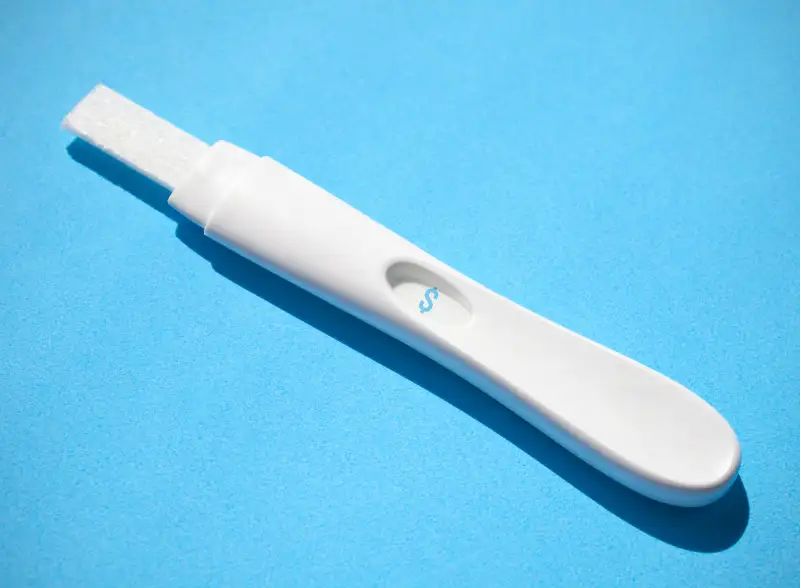How to Tell if You Can Afford to Have a Baby

Q: “I'm a 38-year-old female, who has been focused on paying down student loans, currently at about $58,000 (my initial amount was $98,000). Minimum monthly payments are about $650, but I pay about $1,000 a month. I've paid down my loans by living very modestly, and at the expense of saving for retirement or planning a family. But now I'm afraid that if I don't start having children now, I won't be able to. Can I afford to start a family?” ‑ S.C., Brooklyn, N.Y.
A: “Having a child is an exciting but scary step, and money can be a big part of that worry,” says financial planner Matt Becker, father of two and founder of the blog Mom and Dad Money. "I wouldn't dive in without considering the financial consequences, but I also wouldn't let them scare you off."
Considering the average cost for a middle-income couple to raise a child for 18 years comes in at just under a quarter of a million dollars, excluding college costs, according to the U.S. Department of Agriculture, you may never feel like having a baby is in the budget. But keep in mind that four million babies are born in the U.S. each year, and most of their parents adjust just fine to the new costs.
Even with your student loan debt, starting a family should be do-able for you, says Becker. You'll just need to make room for in your budget for baby.
First step, get a handle on how you are currently allocating your income. (Mint.com can help you track your spending.) Then consider how your income might change after the baby, says San Diego financial planner Andrew Russell, who's also a dad of two. For example, will you or your partner stay home part time or full time? Will you take any unpaid parental leave?
Once you know what your post-baby income will look like, get a rough estimate of the new expenses you will be footing, both one-time (like maternity clothes, hospital costs, car seat, crib) and ongoing (childcare, food and diapers). Becker recommends using Babycenter’s child cost calculator.
You’ll also want to factor in the cost of basic protections like life and disability insurance, which can help ensure your child will still be provided for if a parent dies prematurely or is seriously injured. “These will add to your monthly budget, but are well worth the cost for the financial security they provide,” says Becker.
With your big student loan payments, you may find through this exercise that your future expenses with baby exceed your income. So what next? See if you qualify for any loan forgiveness programs. Also, look for any fat in your budget to cut out—particularly recurring expenses that require a one-time effort to change like switching to a cheaper cell phone plan, cutting cable, or moving to an area with less expensive rents.
"Obviously this is a big life goal with a certain time frame, and if there is not that much room to cut back on spending, then you need to minimize the amount you pay back on loans," says Russell, who adds that it's okay for you to dial back to the minimum payment. "The debt is too large for you to take a good chunk out of it in the next few years, so you're going to have to move forward with it."
While the lower payment will add to your interest over time, the federal tax deduction on student loan interest—if you qualify—will offset some of the cost. Plus, every time you and/or your partner receive pay raises and bonuses, you can funnel that additional income toward the debt.
Once you've figured out your post-baby budget, start living on it—even before you get pregnant, Becker advises. And put the money you would be spending into a savings account. Besides helping you see if you can handle the budget, "this helps you build up a savings cushion that will relieve a lot of the financial anxiety that can come with a growing family,” says Becker. You will need to plump that cushion before the baby's arrival anyway: With the general rule being to have cash reserves equaling six months of living expenses, you’ll need to make sure your emergency fund now reflects all the new costs you’ll be covering.
Related:
- Money 101: How do I figure out my financial priorities?
- Money 101: How do I set a budget I can stick to?
